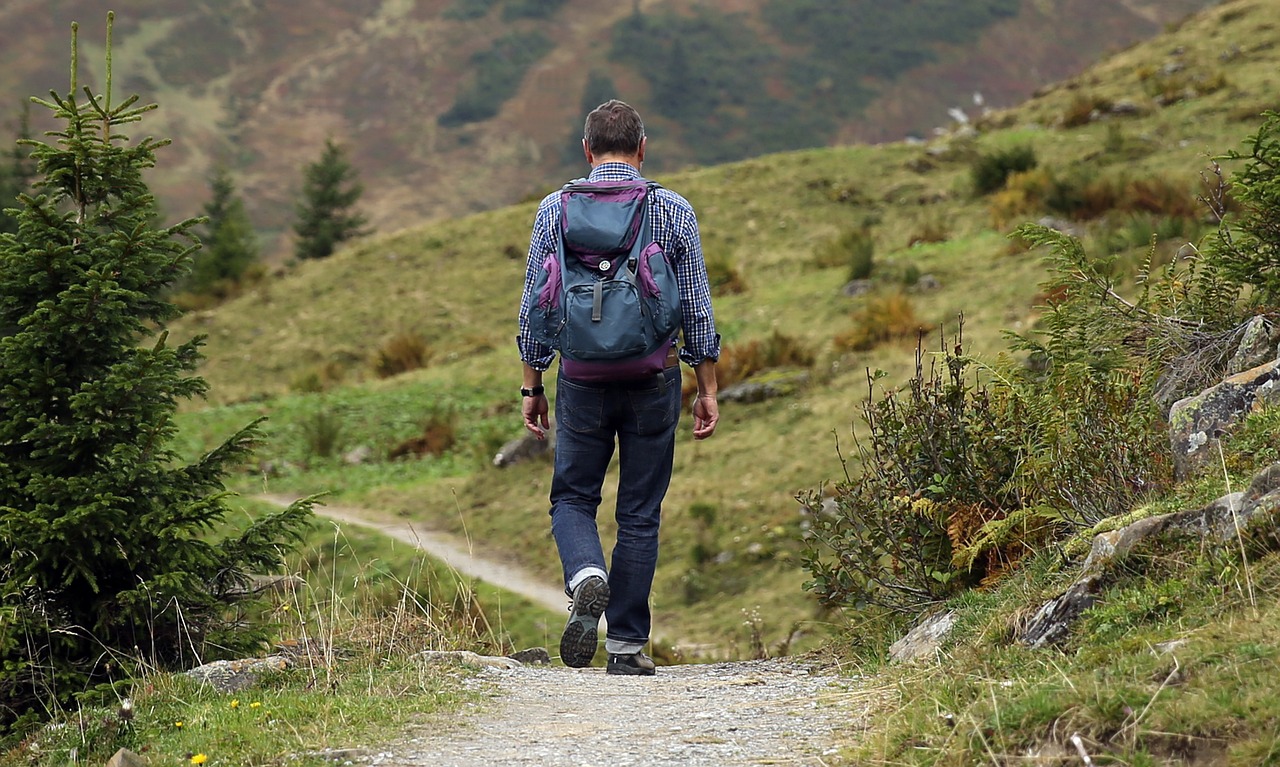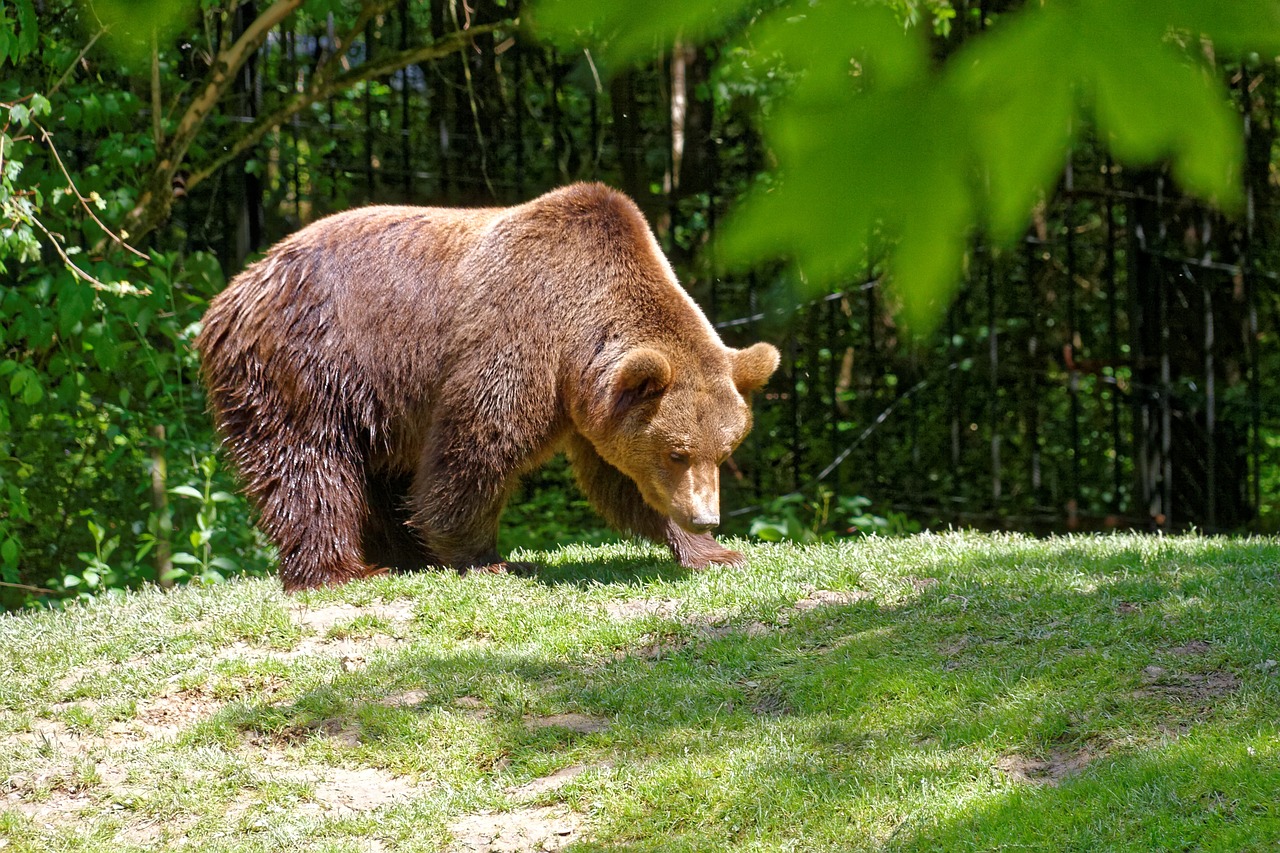When going out on an extensive hike, it is important to fully prepare yourself for the best and the worst that can happen. Here are 5 survival tips that every hiker should know in order to prepare properly and protect themselves:
1. Wear Layered Clothing
What inexperienced hikers are not always knowledgeable about is how much weather conditions can vary during a hike. At the beginning of your hike, the sun may be out and it may be hot, but just two hours later the sun may have disappeared behind the horizon leading to a drop in temperature.
Due to the variance in temperatures, it is important to wear multiple layers in order to be able to remain comfortable during all hours. A waterproof jacket is the first necessary item to have. Going with a quality brand is important to ensure that the warmth with be there when you really need it. A pair of warm gloves is not a bad idea either.
2. Avoid Panicking At All Costs
The worst thing that you can do if you get lost or injured is panic. Panicking does nothing except scramble your brain making you unable to think clearly or effectively. When walking on an established trail, it is important not to deviate from that trail. This is because rescue parties will assume that you were walking on established walking trails and check those first.
If you feel that you are lost and it is getting late, set up camp before it gets dark, add additional layers of clothing to protect against the colder evening weather (see point 1), and light a flare (add this to your essential items) a short distance from your camp to let other hikers know you are in distress.
3. Be Kind to Wildlife & Beware of Bears
Encountering wildlife while out on a hike is pretty common. In all likelihood they are more scared of you than you are of them. So be respectful of the wildlife you encounter, don’t make any sudden movements, and they’re likely to keep their respectful distance.
With a bear encounter, the number one rule is to not run away; they tend to charge towards you if you do that. Spread your arms wide, sing or make other loud sounds; bears will think you are larger than you are and they tend to run away from loud noises.
4. Pack a Good Survival Knife
Fixed blade knives are an important accessory to carry with you when hiking because you never know when you’ll need to cut yourself free of something you’re tangled up on, prepare a make-shift camp site, or cut a bandage for yourself.
5. Don’t Forget the First Aid Kit
A first aid kit is something most people don’t particularly want to carry on a hike, but should you become injured you’ll be especially glad that you did. It should include bandages of various sizes, some tape to secure bandage wrapping around a leg or arm, and some Benadryl to deal with insect bites. And, if you need to take prescription medication, be sure to pack it in your kit. Take more than you require for the day in case you get lost somewhere.
Every hiker needs to take proper precautions before they head out. But by following these tips, you are improving your chances of success.





